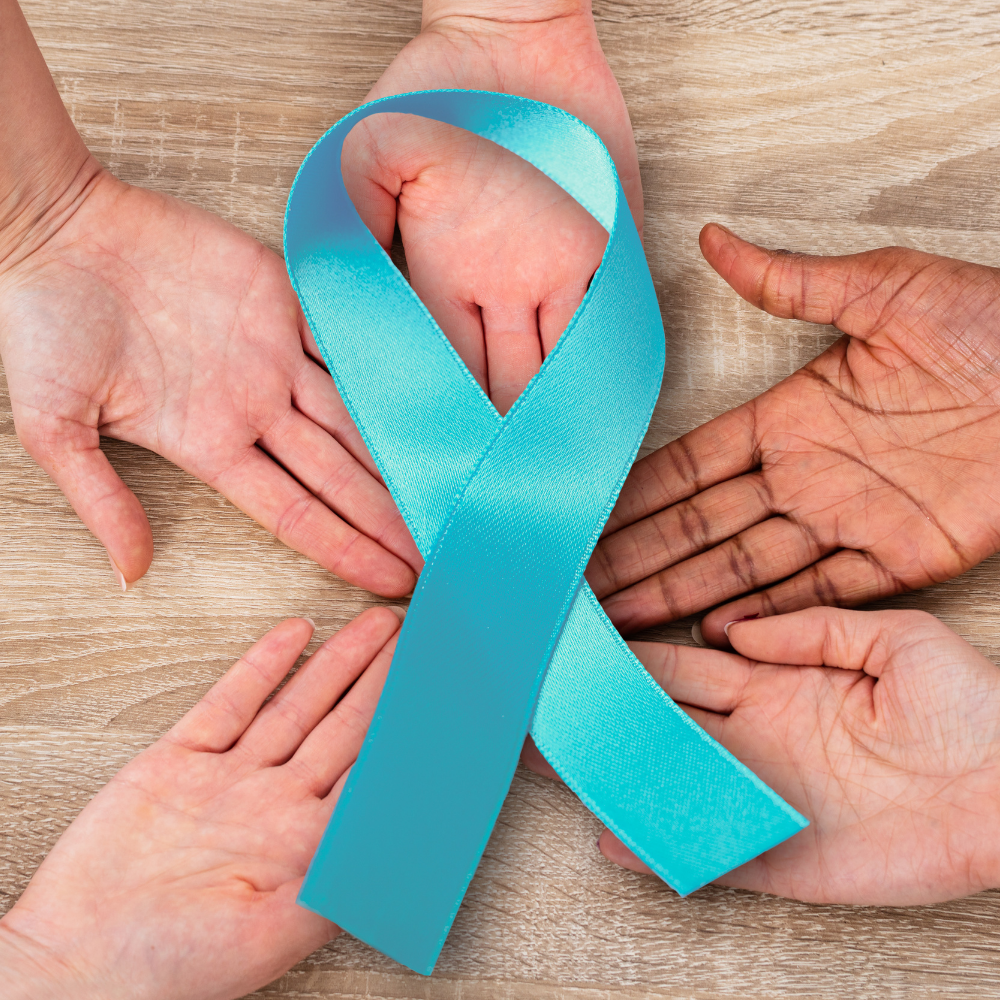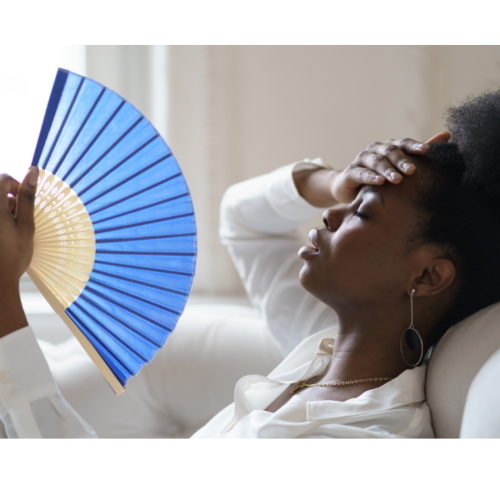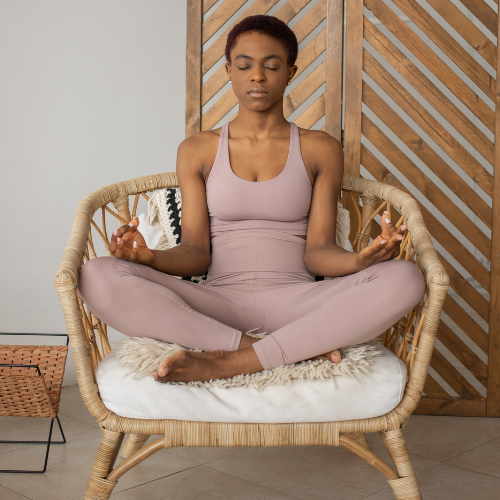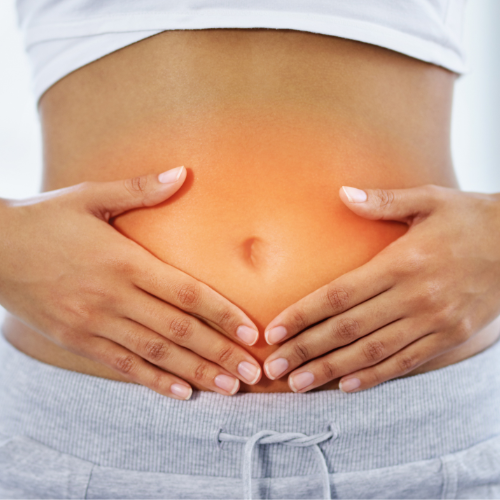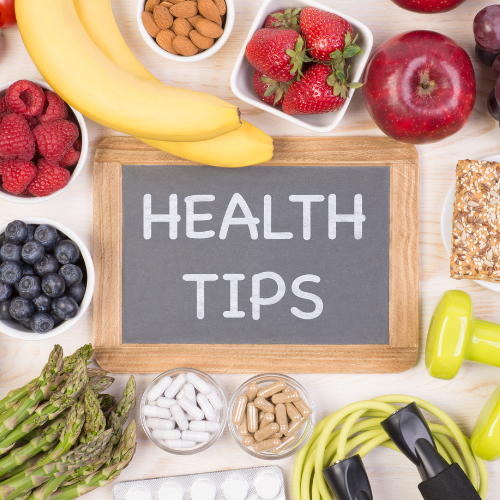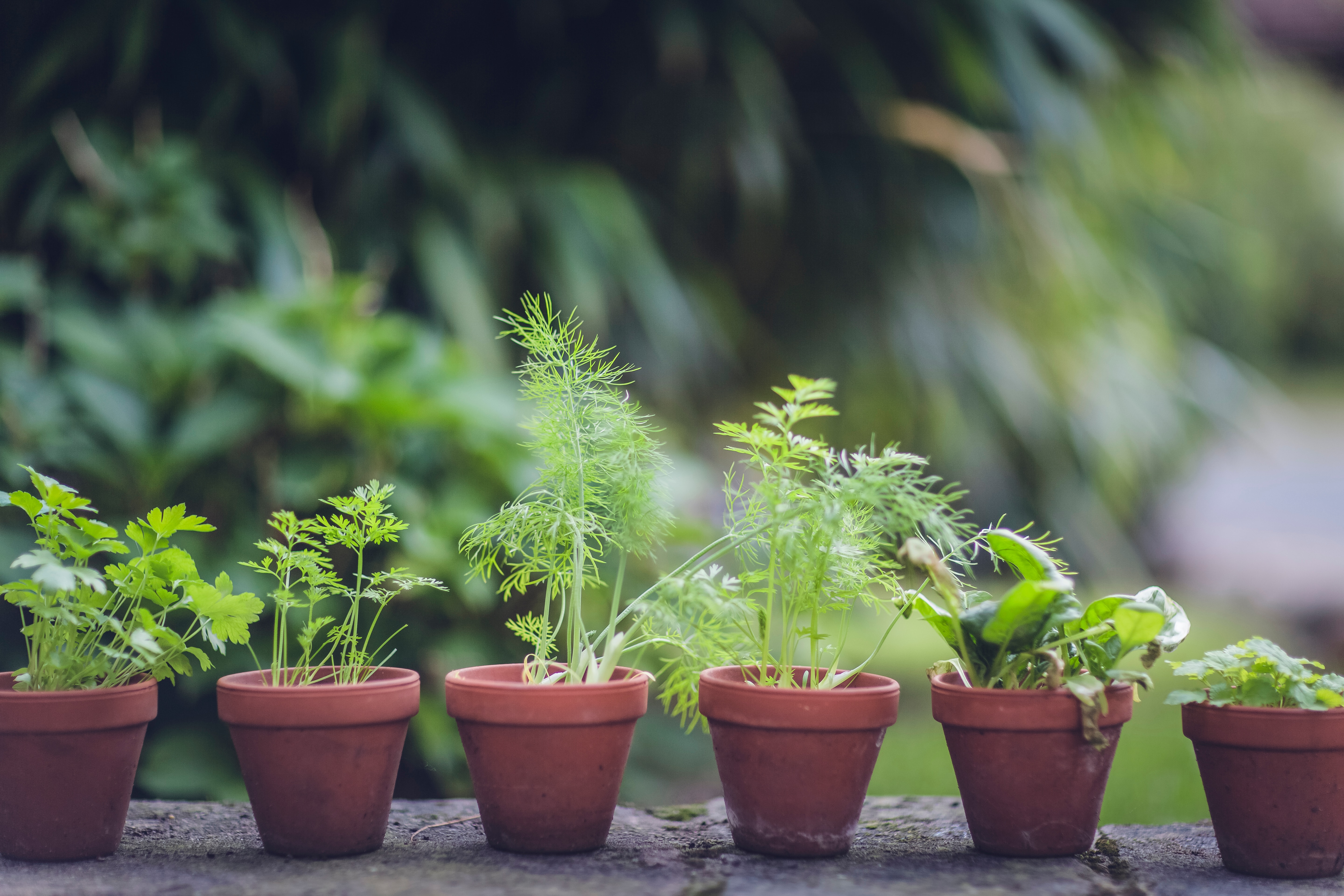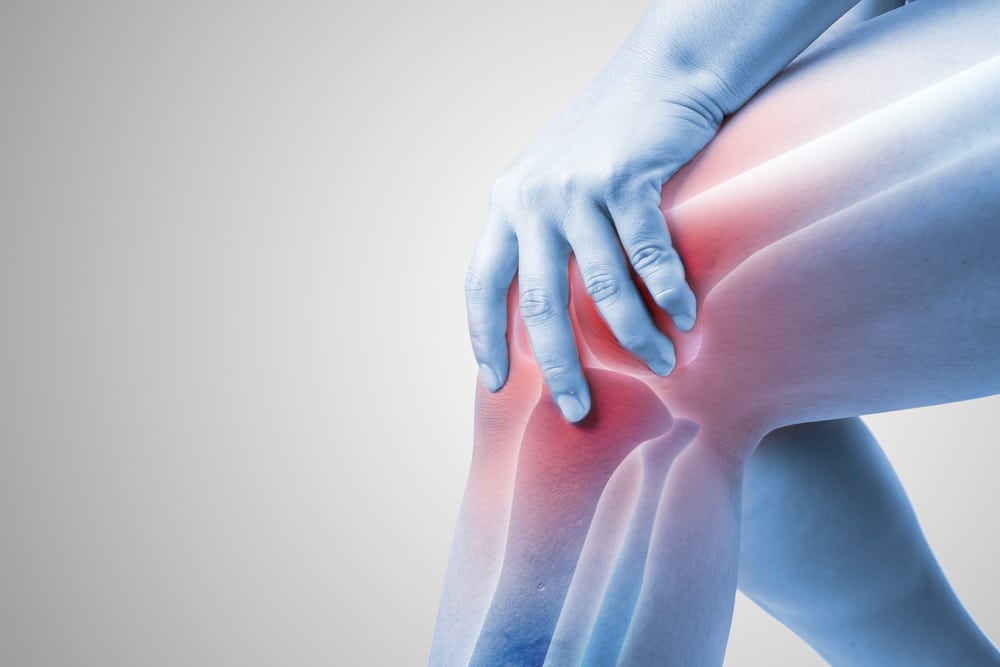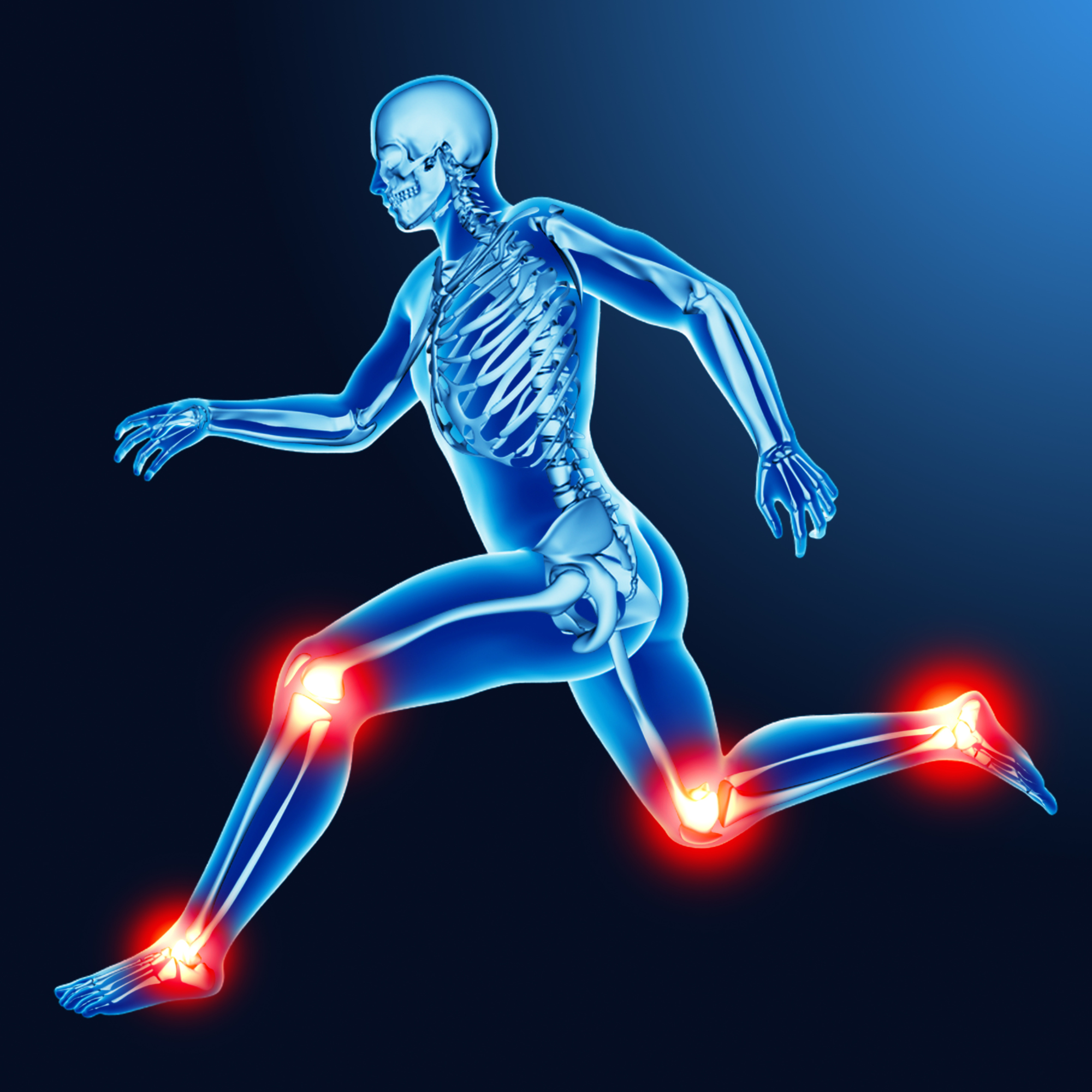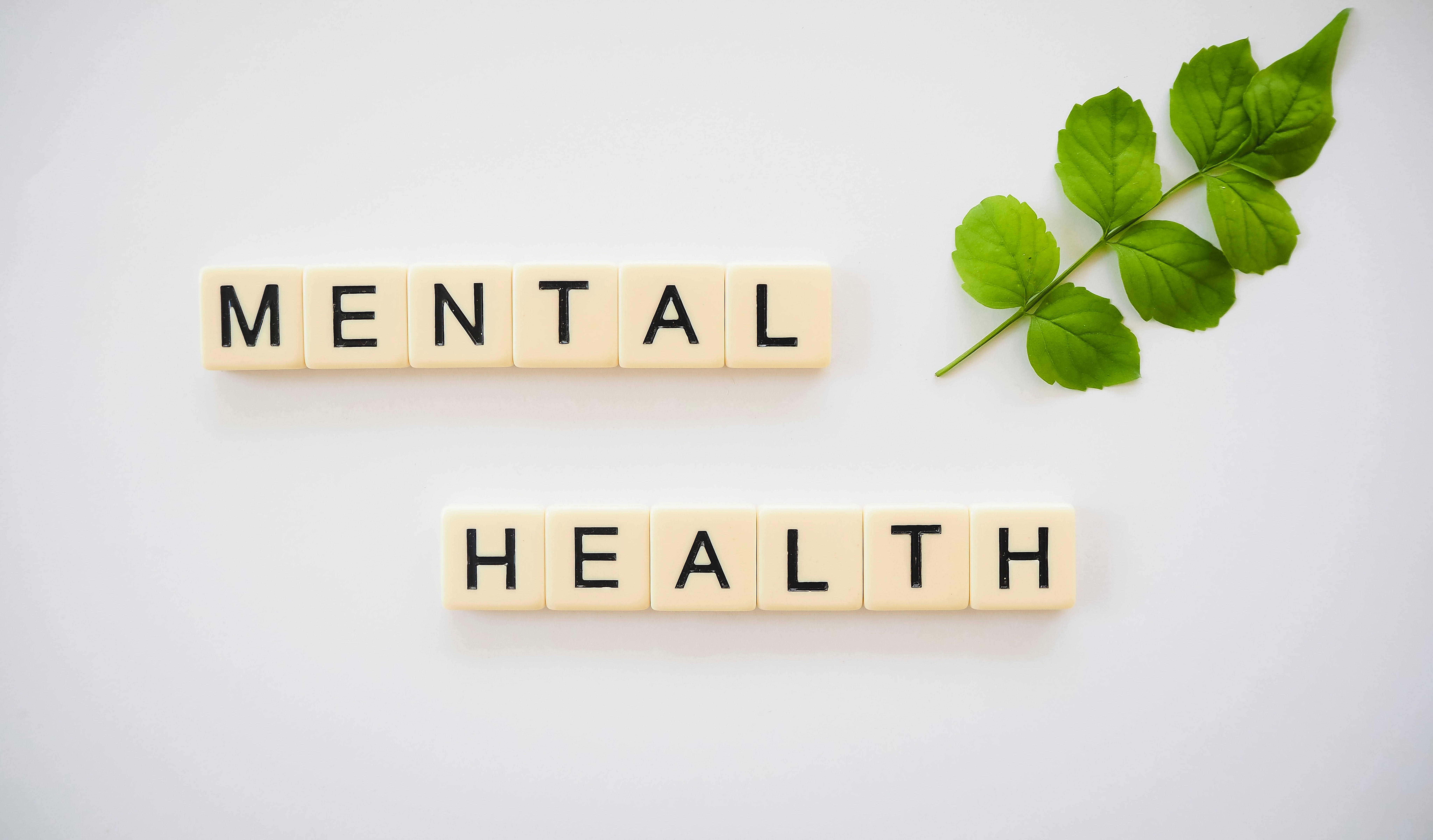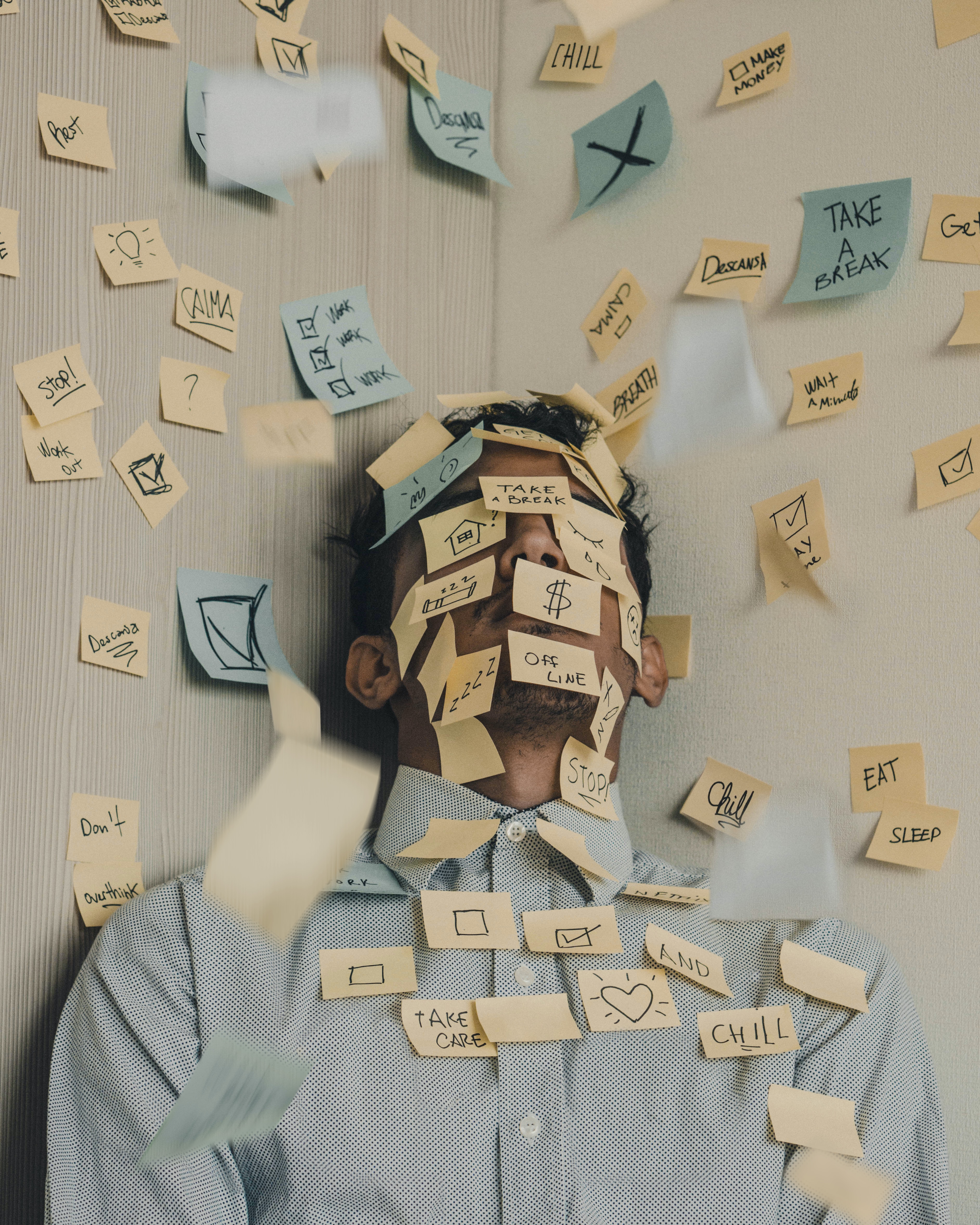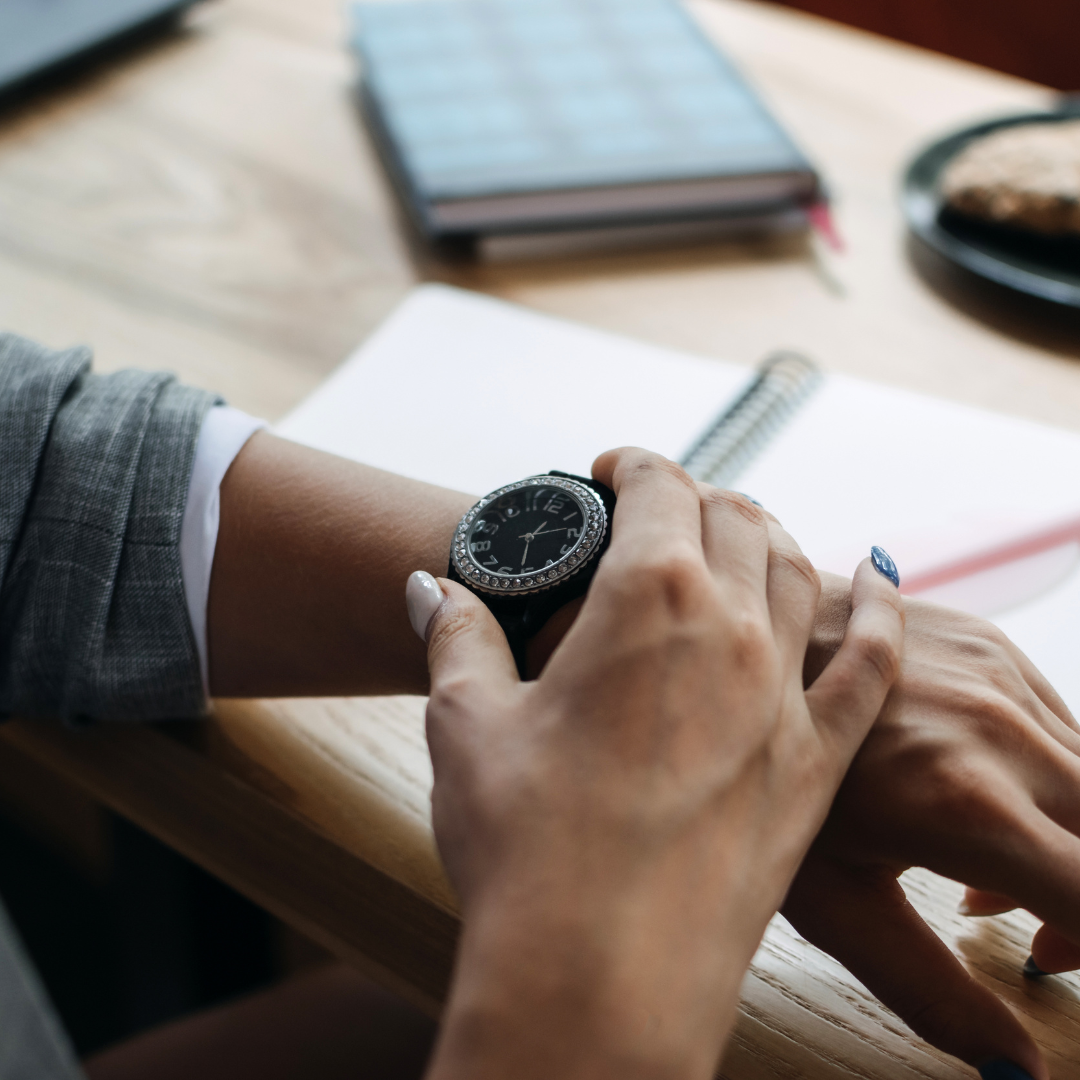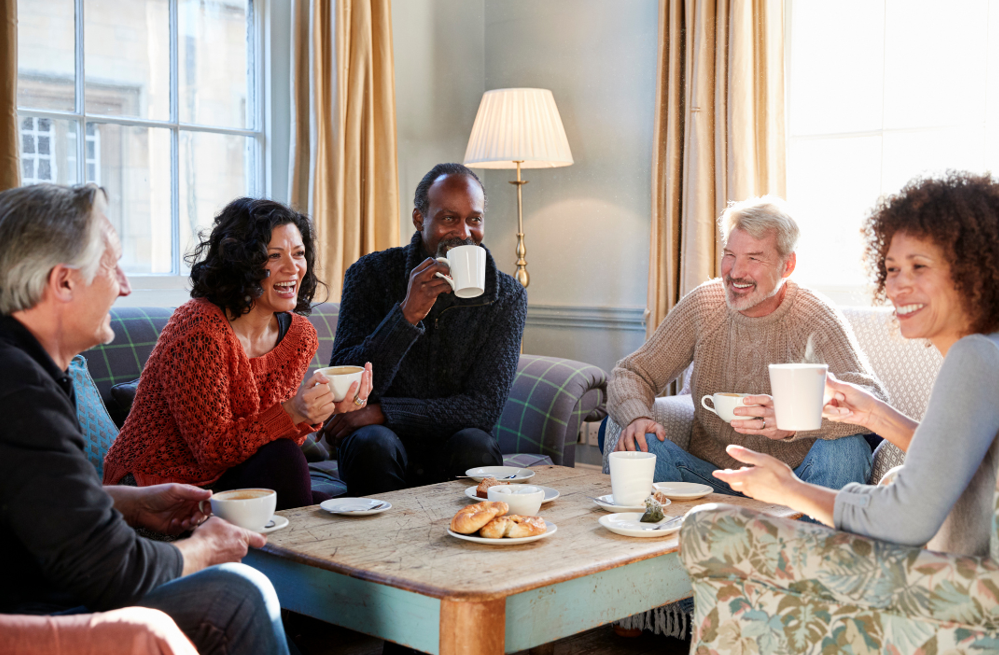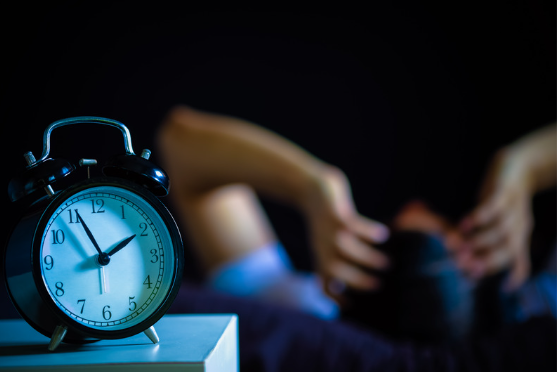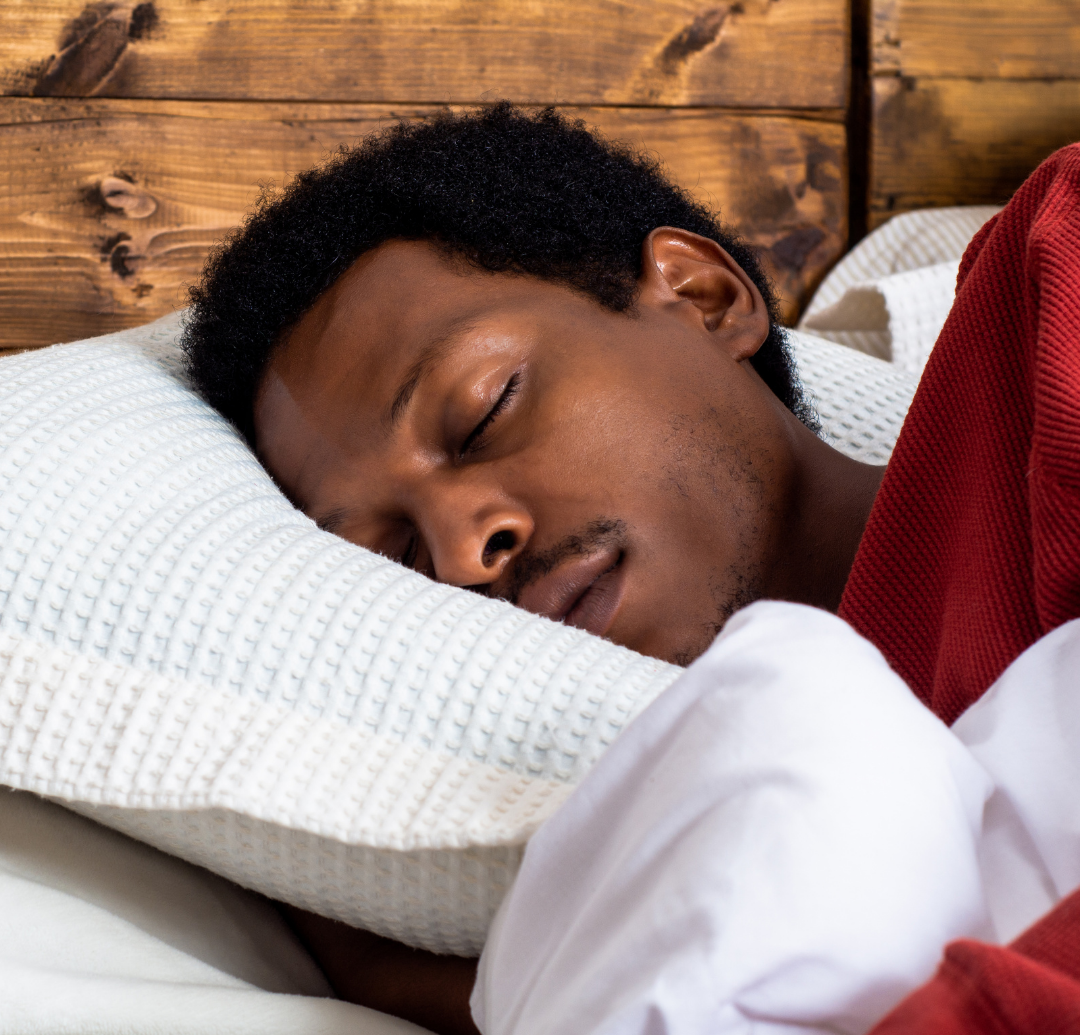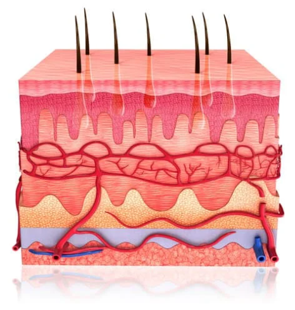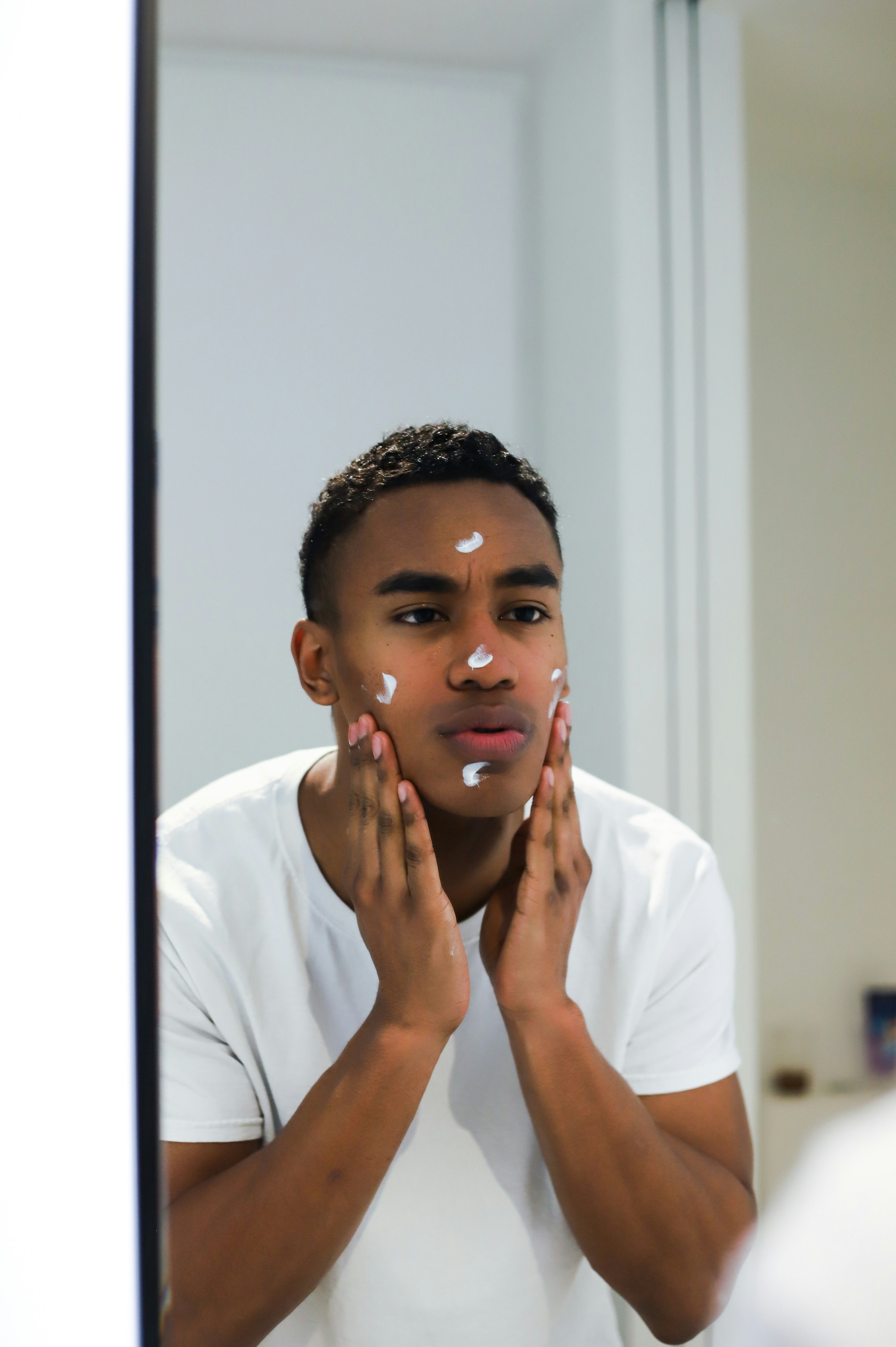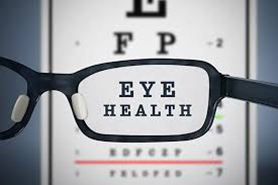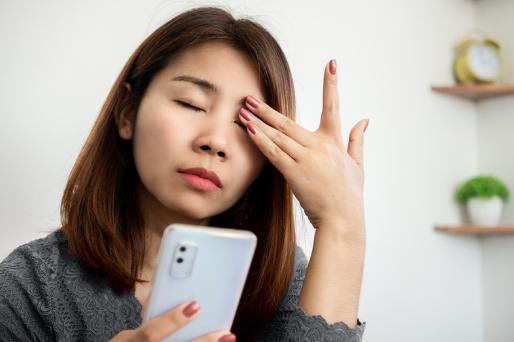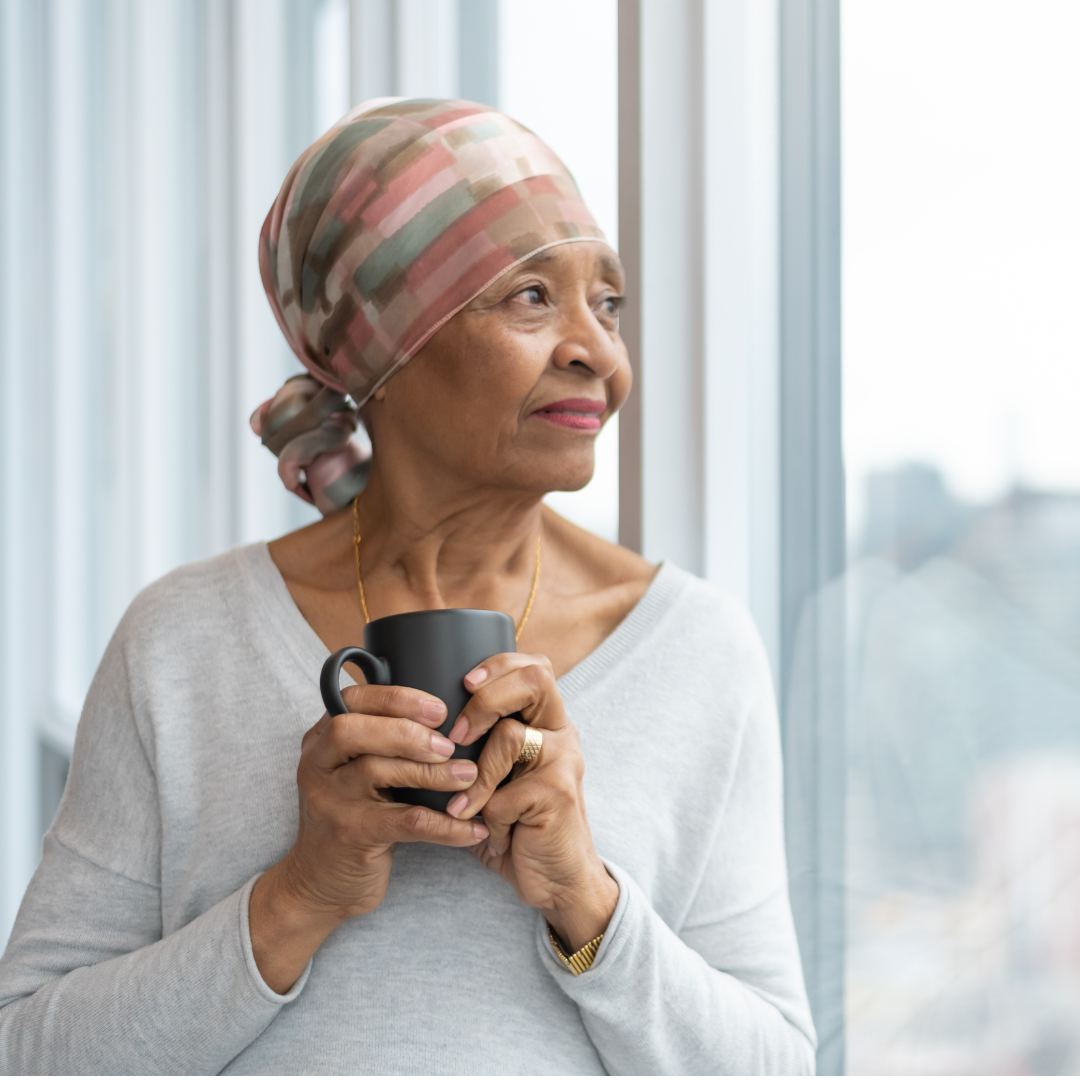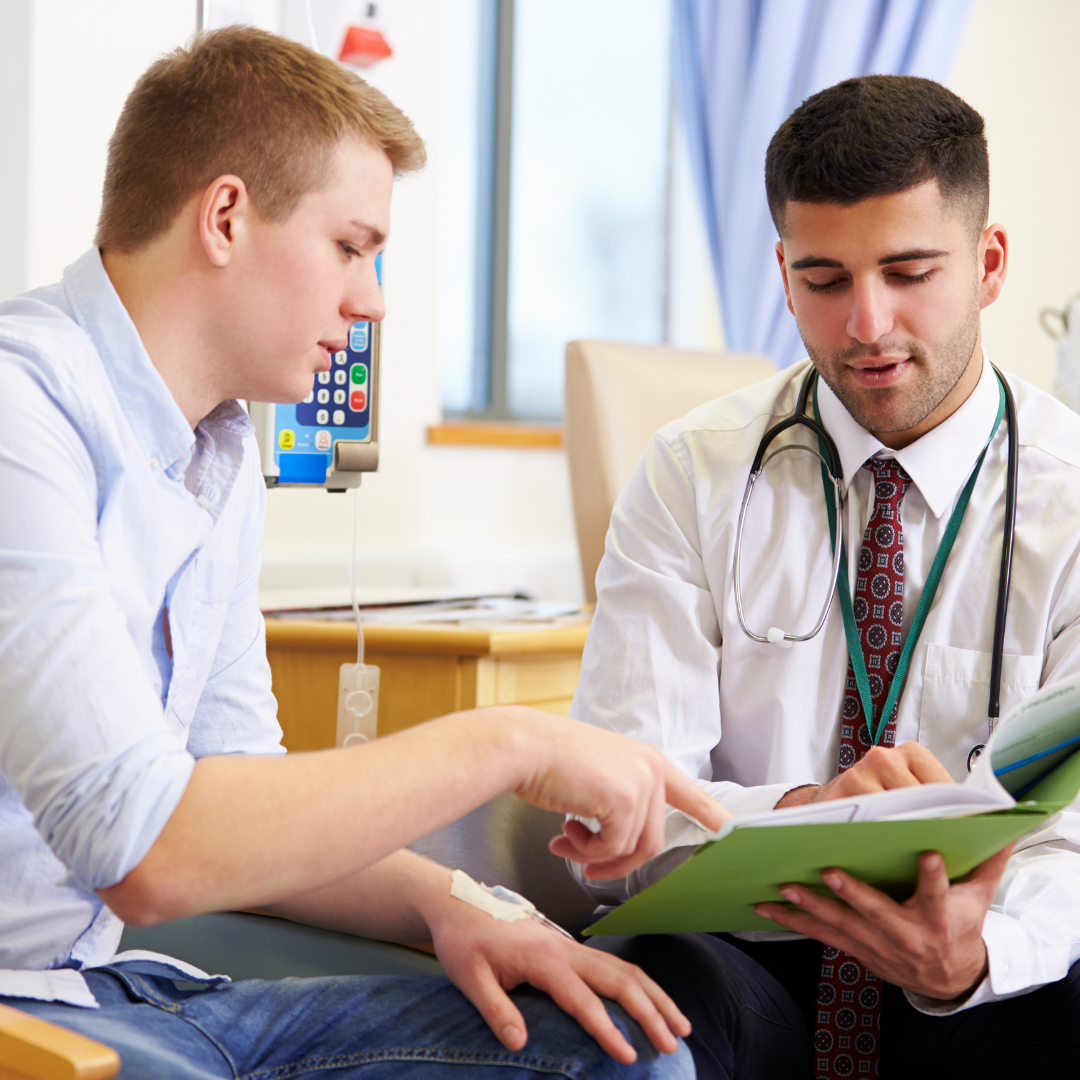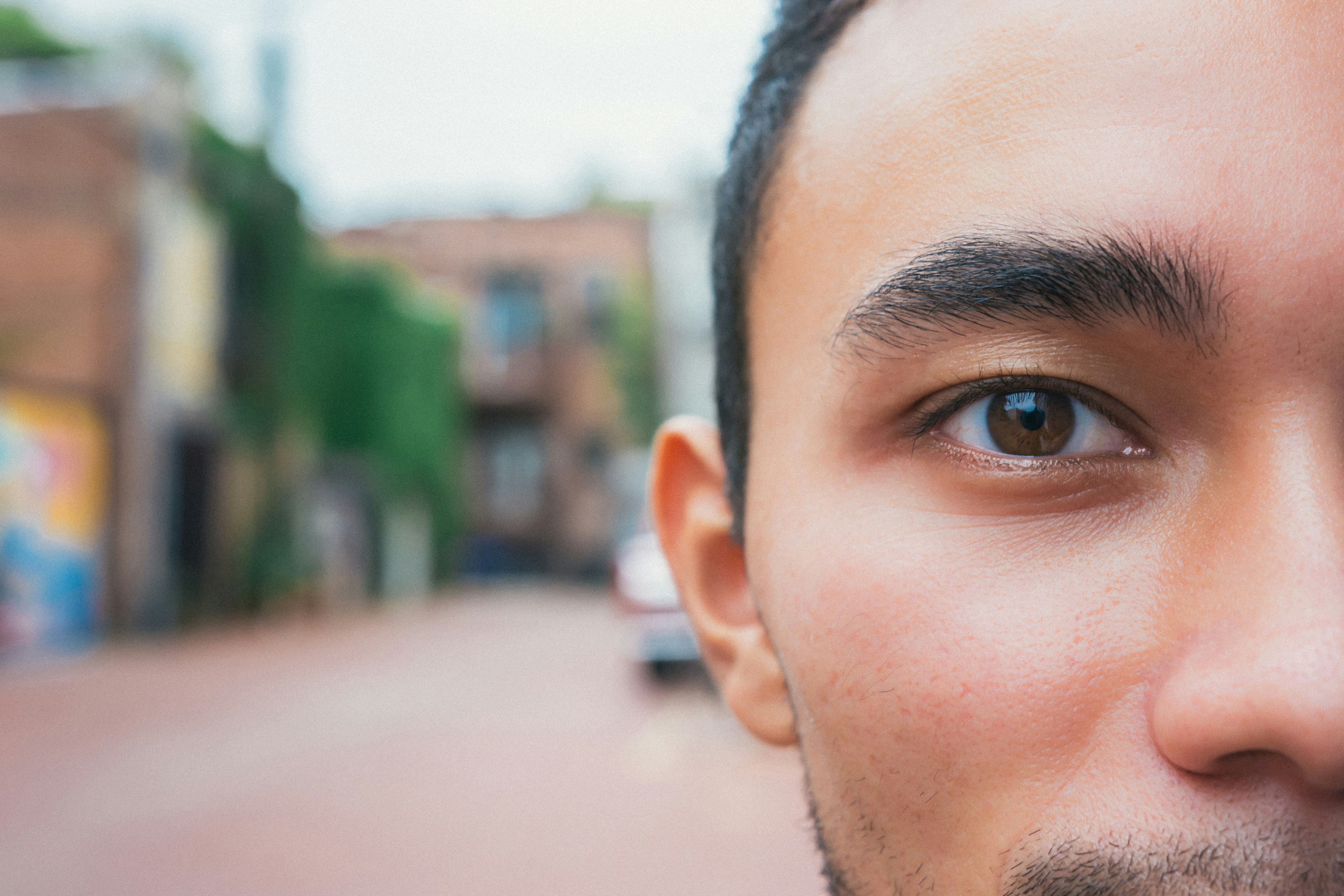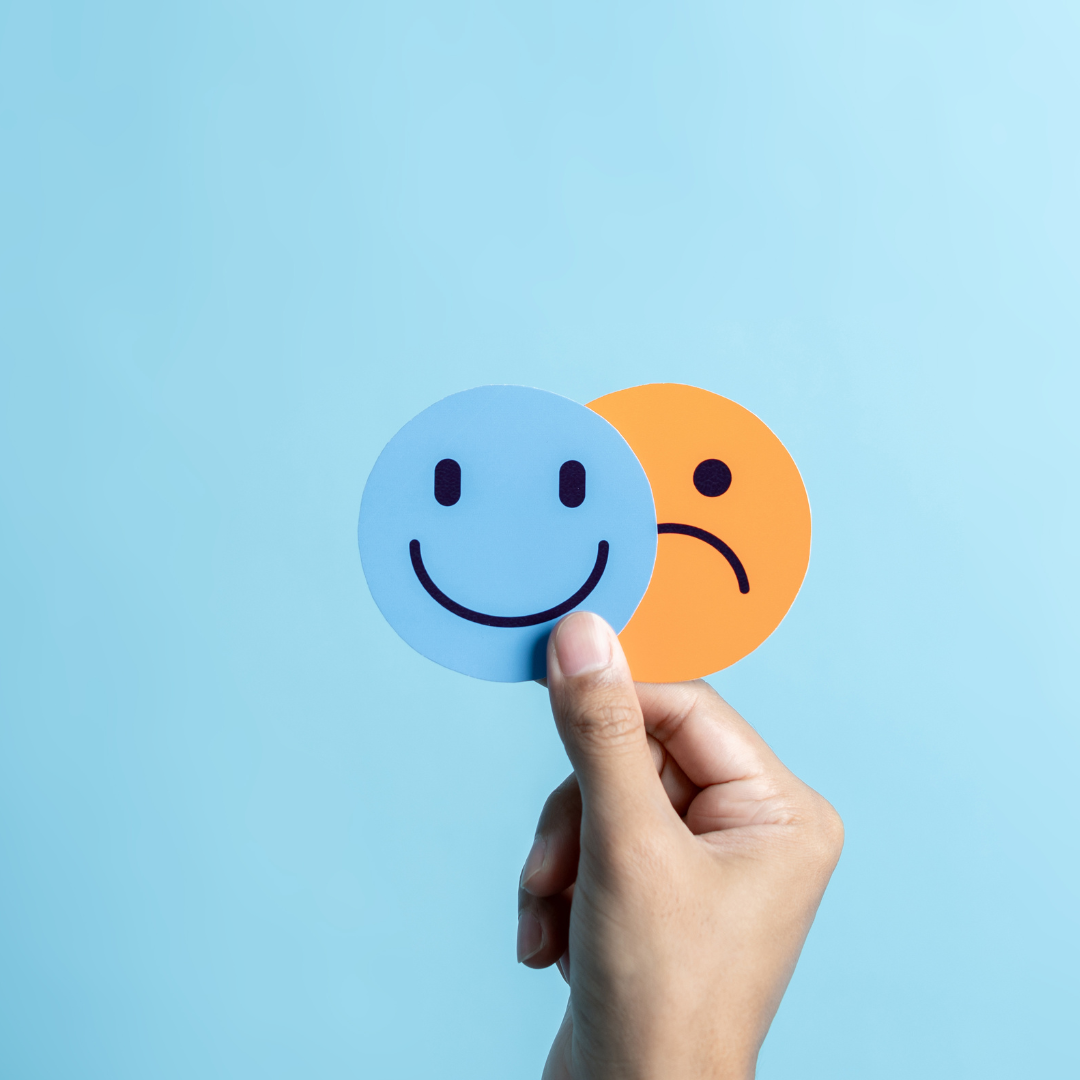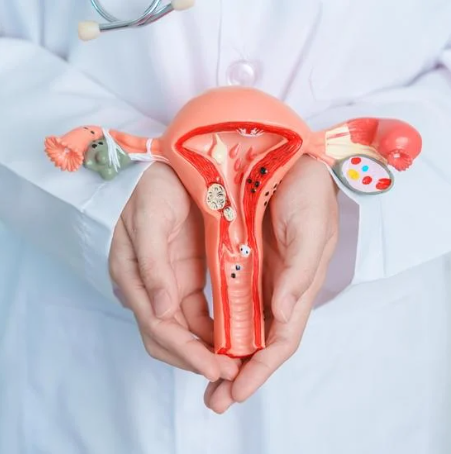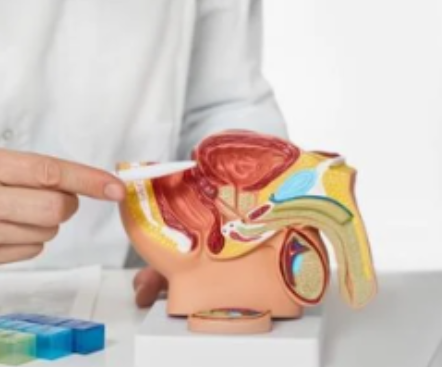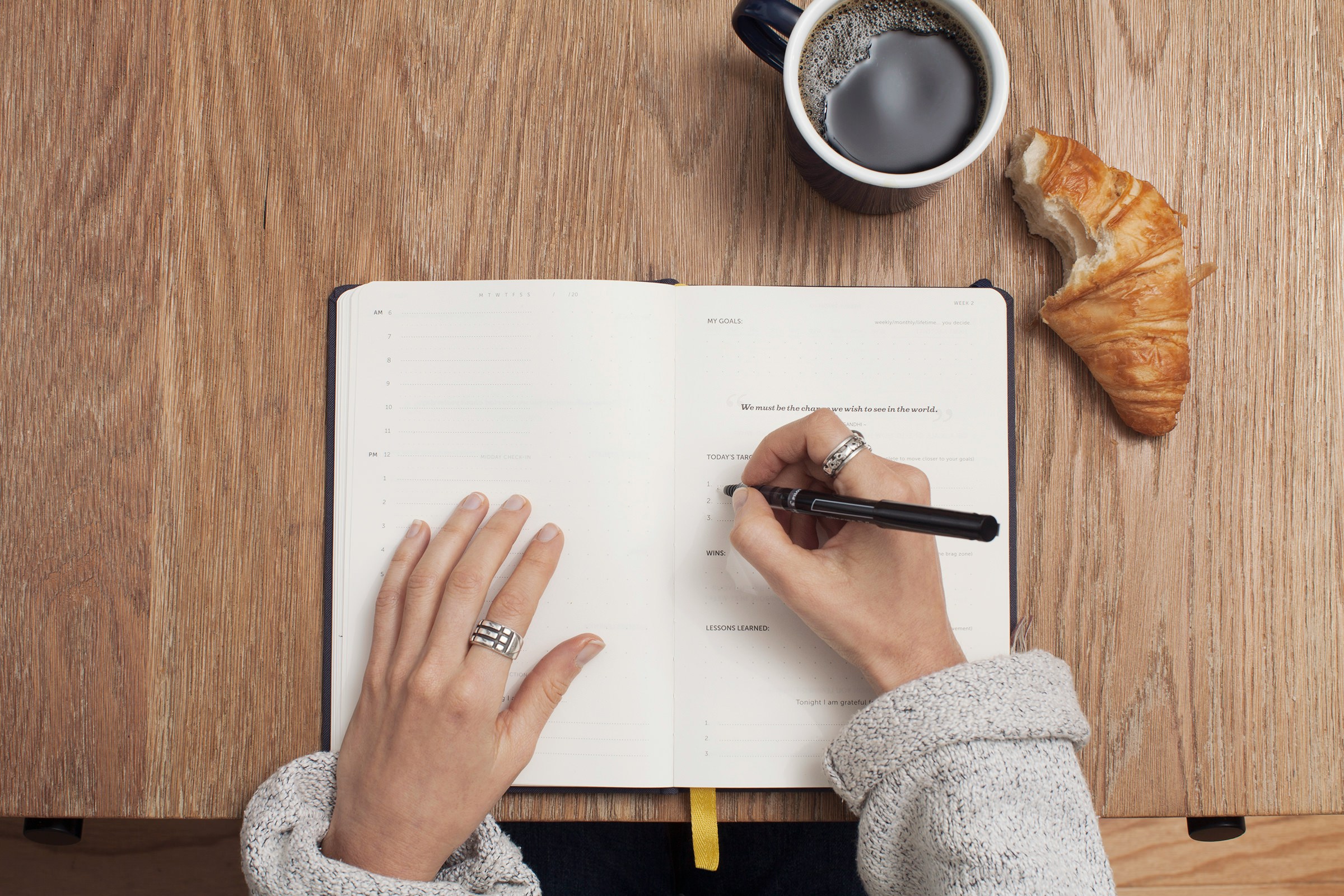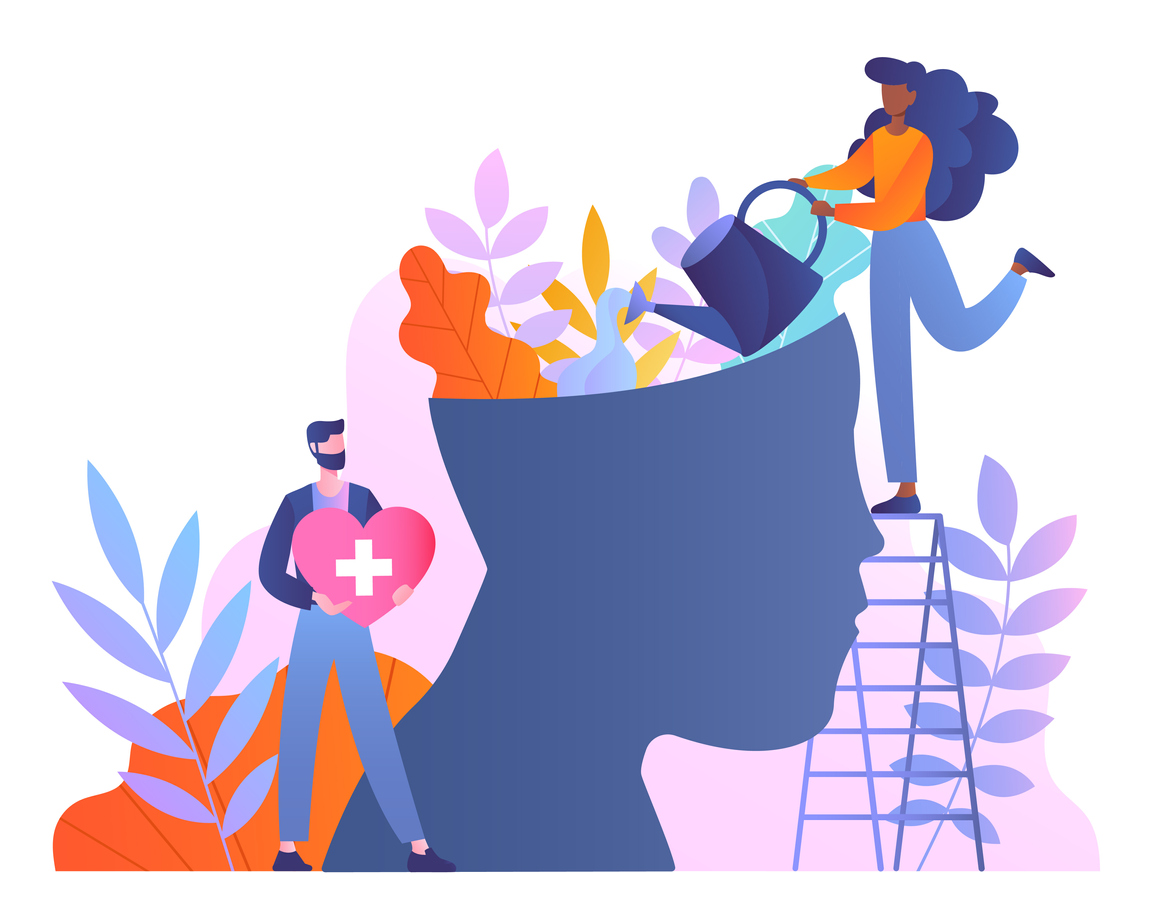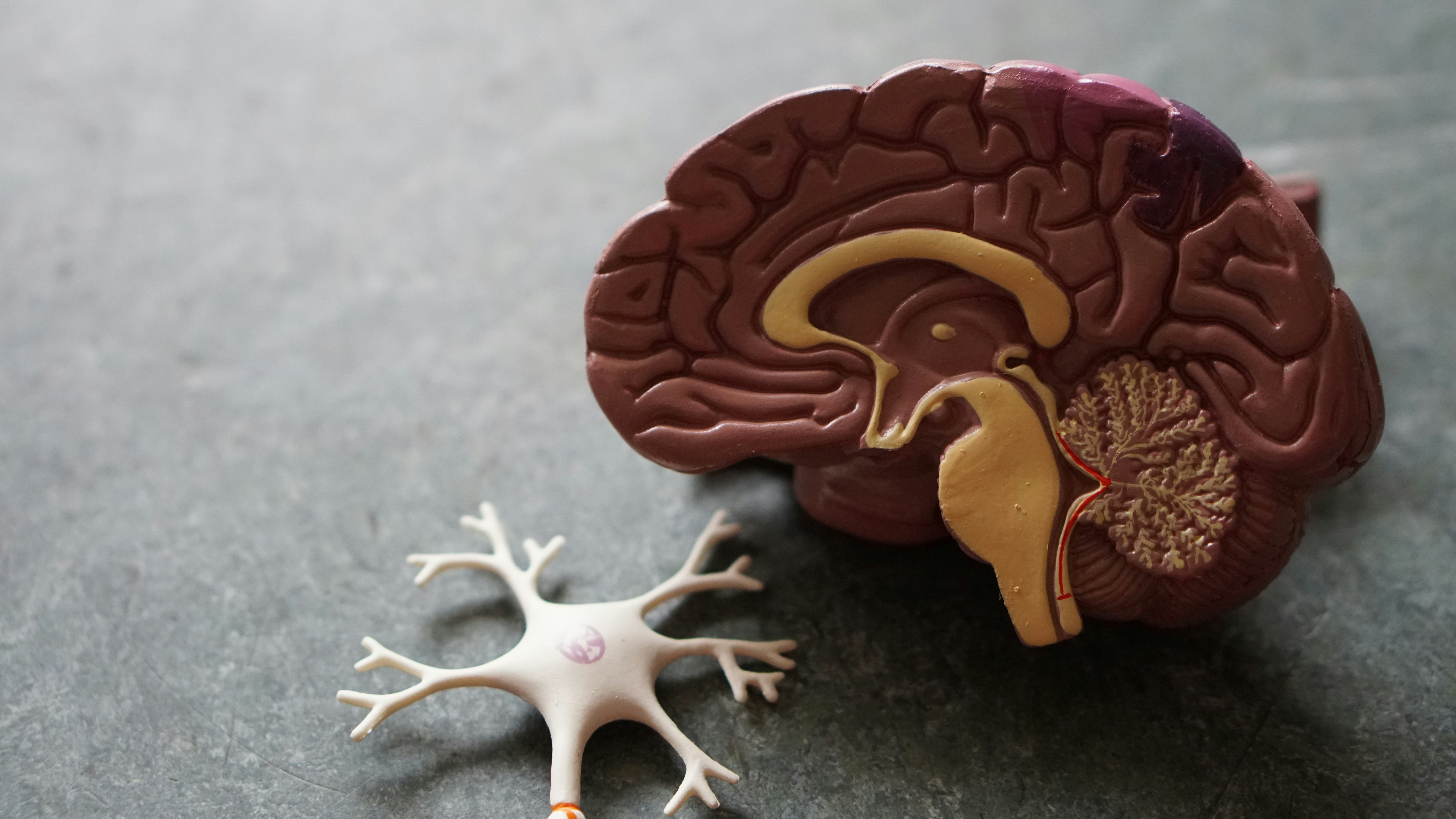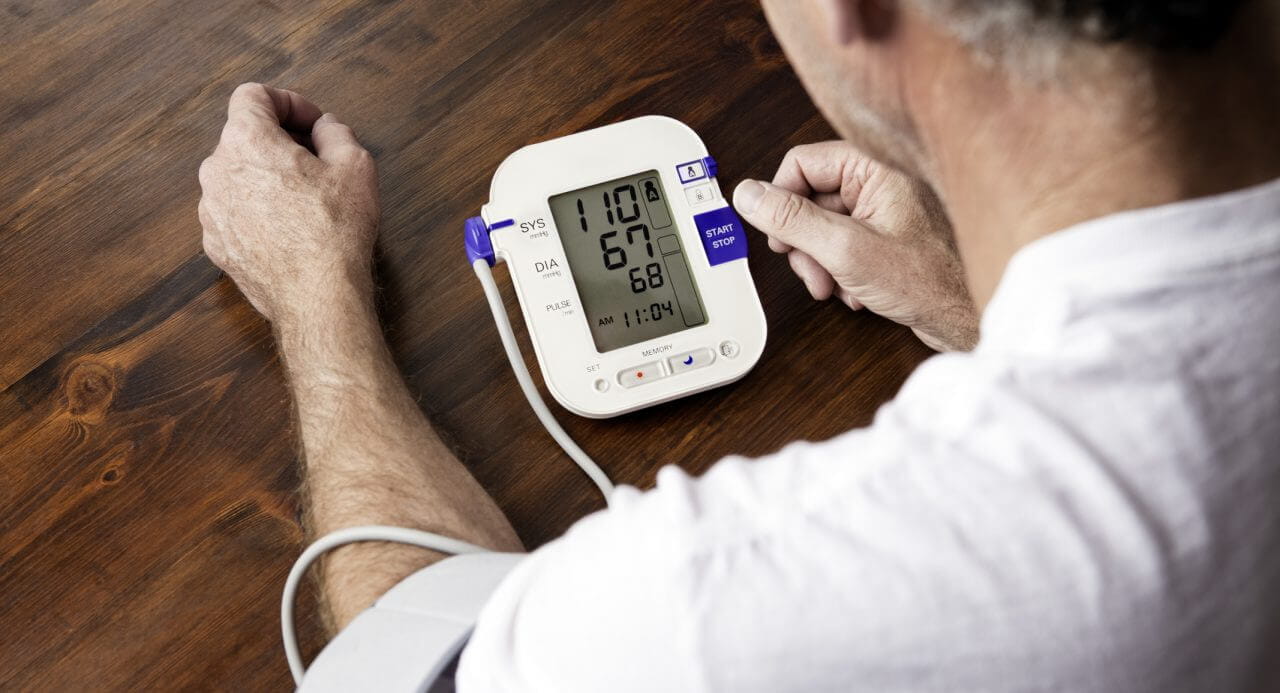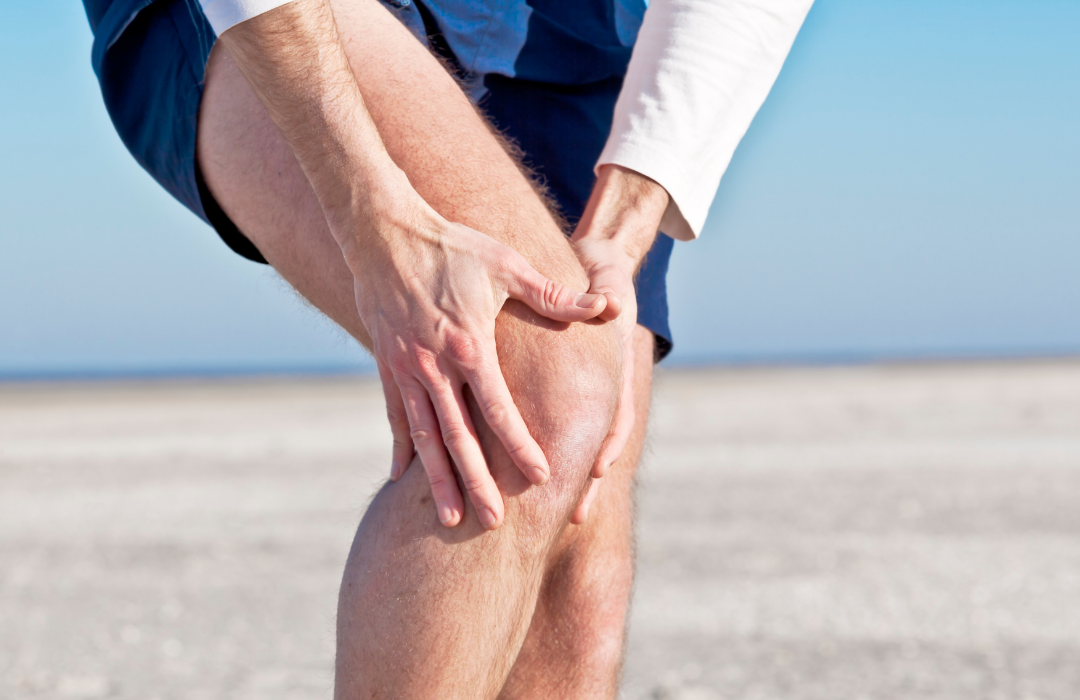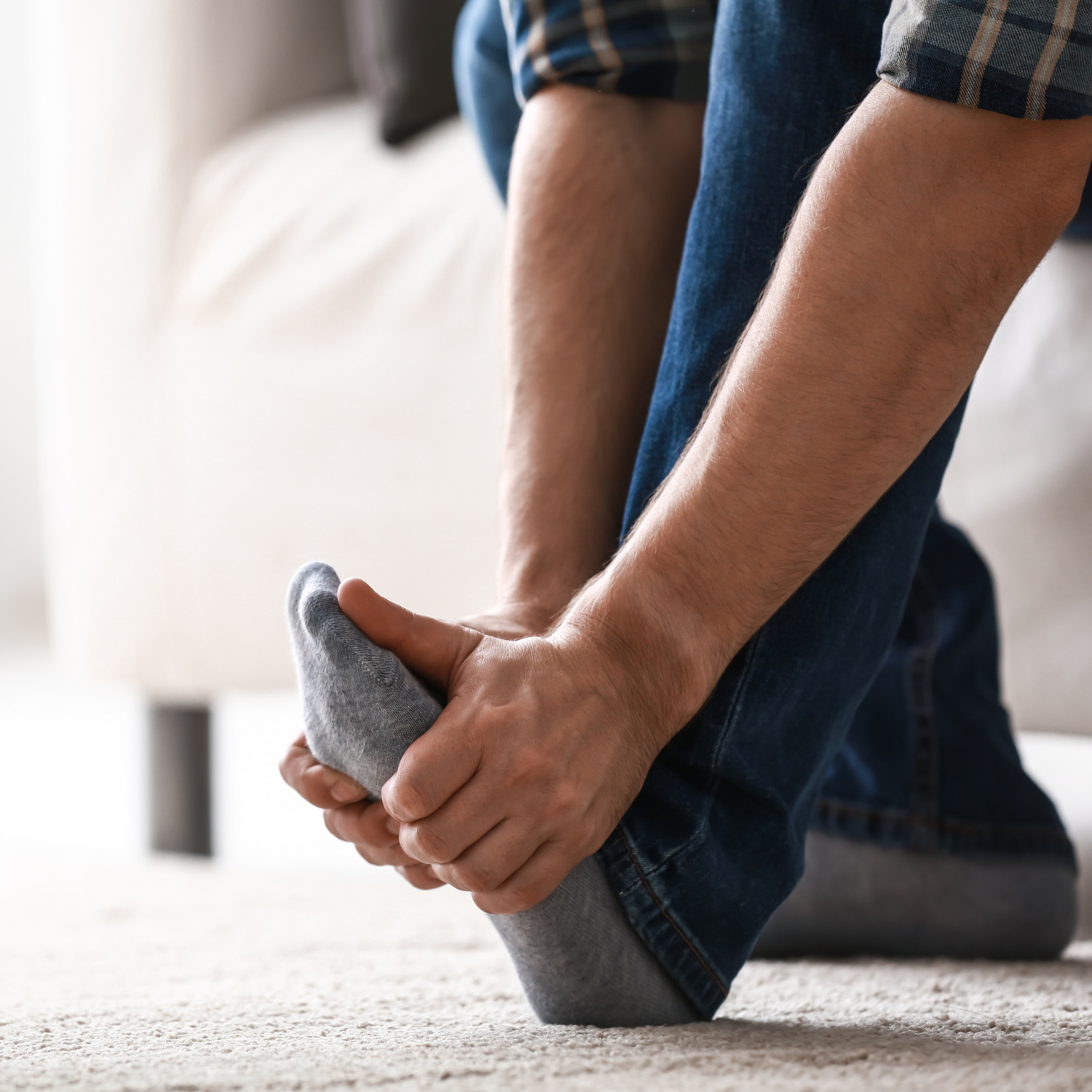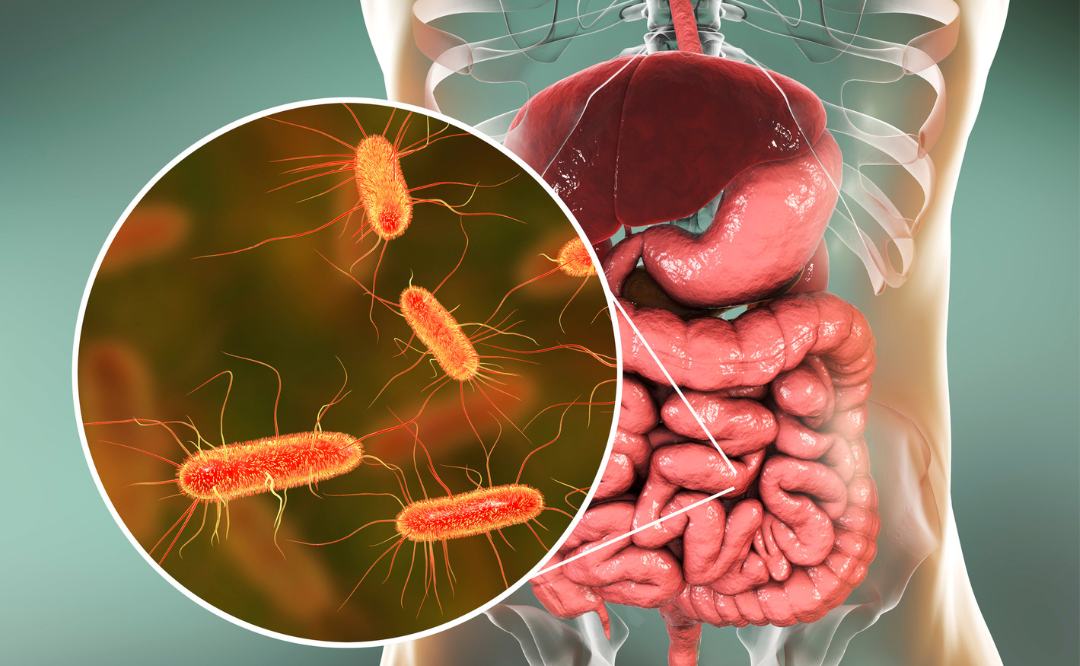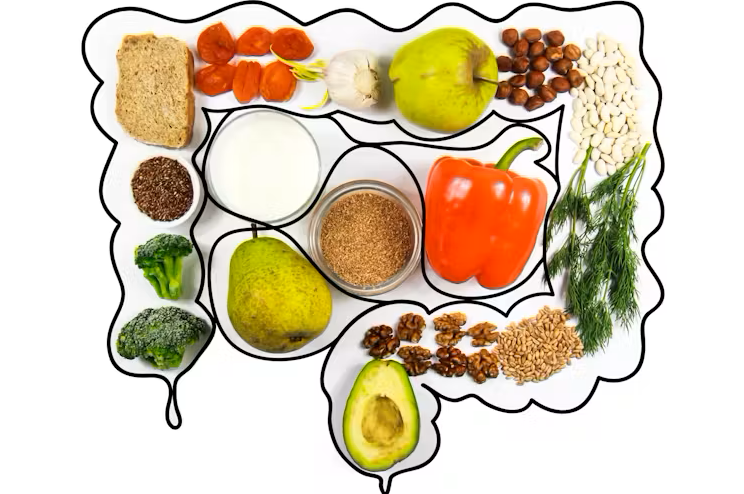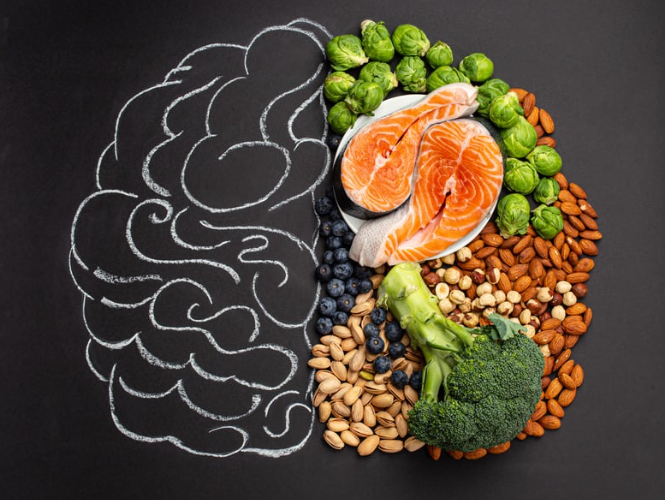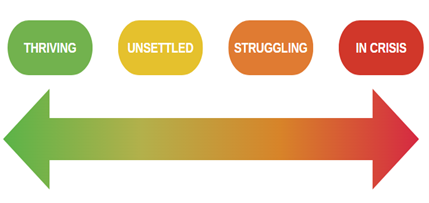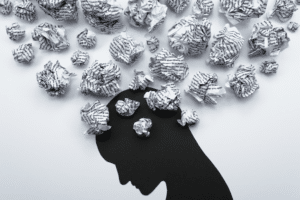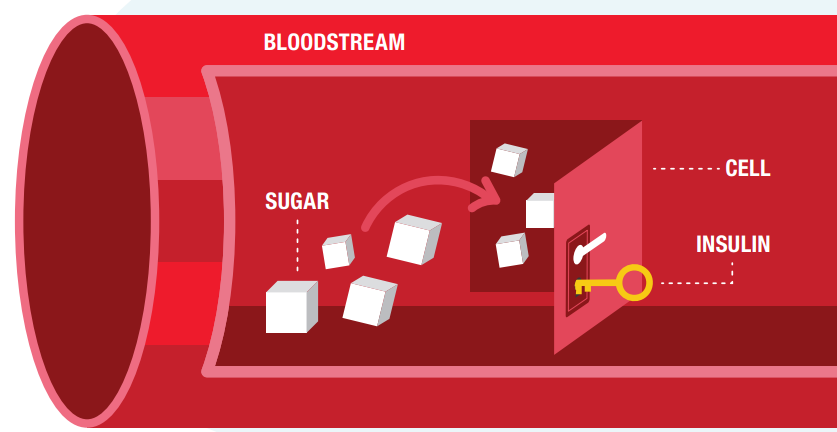
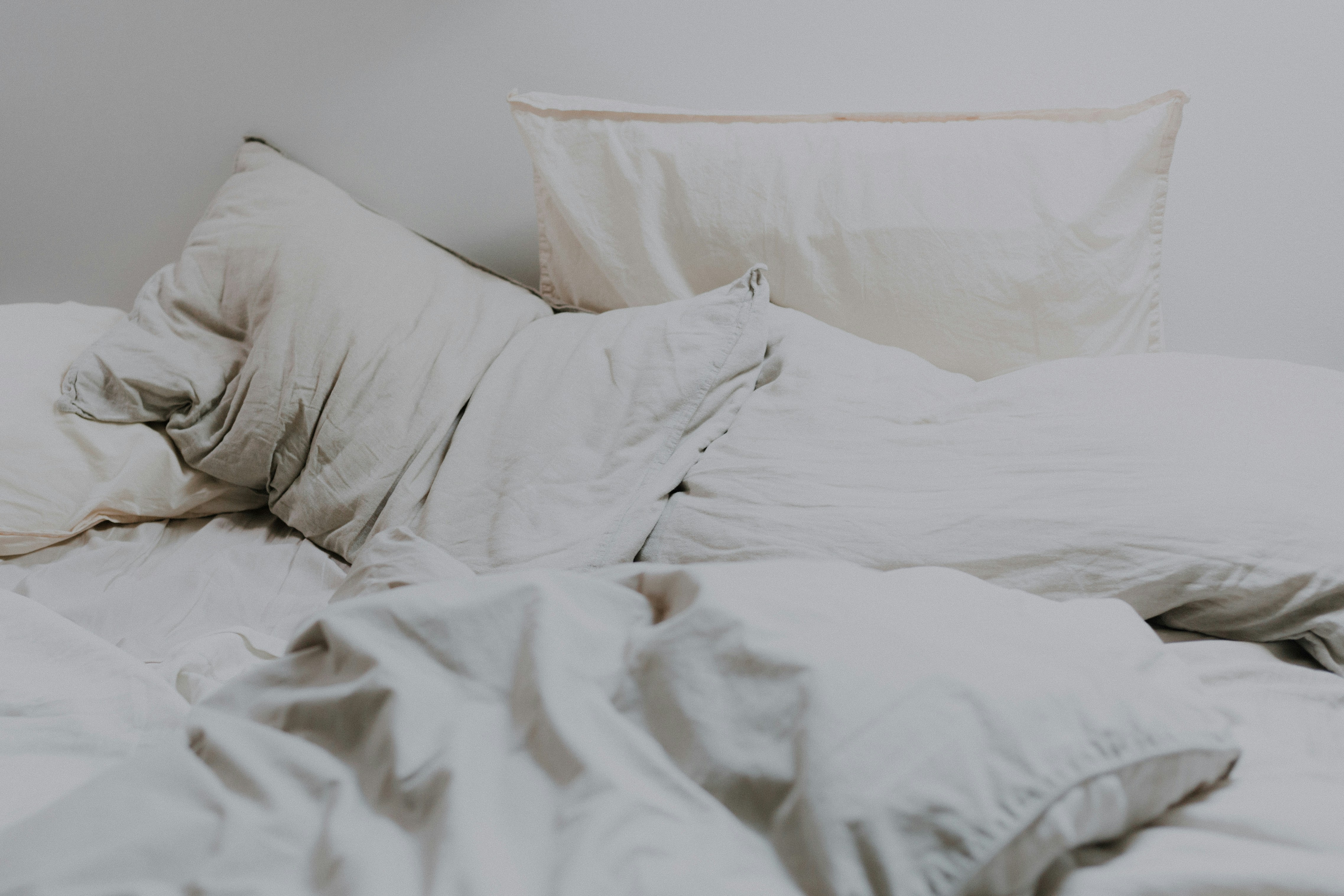
Sleep and Its Importance
Stage 1 Non-REM Sleep:
Top 6 Ways to Improve Sleep:
Sleep is crucial for rebuilding and repairing our body and brain, preparing us for the next day. During sleep, the brain files away memories and reconstructs neural pathways, while the body strengthens the immune system, muscles, and bones. Adequate sleep improves stress resilience and reduces the risk of obesity, cardiovascular disease, and diabetes.
The Science Behind SleepSleep involves two main phases: rapid eye movement (REM) sleep and non-REM sleep. The sleep cycle lasts 80-100 minutes and typically repeats four to six times per night, depending on how long you sleep.
The 4 Stages of a Sleep CycleStage 1 Non-REM Sleep:
- The lightest sleep stage, often described as falling asleep.
- Lasts a few minutes, about 5% of total sleep time.
- Slightly deeper than Stage 1.
- Brain waves and heart rate slow down; body temperature drops.
- Lasts about 25 minutes in the first cycle, increasing with each cycle.
- Accounts for roughly 45% of total sleep time.
- The deepest non-REM sleep stage.
- Represents about 25% of total sleep time in adults but longer in children.
- Essential for restorative sleep and feeling rested.
- The stage where dreaming occurs.
- Brain activity resembles wakefulness.
- The first REM cycle lasts about 10 minutes, with each subsequent cycle lengthening, making up about 25% of total sleep time.
- Newborns spend more time in REM sleep than adults.
- By age 6, children develop sleep preferences, becoming either night owls or early risers.
- Stage 3 non-REM sleep decreases sharply during the teenage years and continues to decrease with age. Teenagers typically need more sleep (9-10 hours) compared to adults (7-9 hours).
- Older adults may not experience Stage 3 non-REM sleep.
Top 6 Ways to Improve Sleep:
- Reduce blue light exposure at least one hour before bed.
- Blue light from electronics (e.g., TVs, computers, cell phones) interferes with melatonin production, making it harder to fall asleep.
- Use blue light blocking glasses or apps to limit exposure. The best approach is to disconnect from devices before bed.
- Avoid caffeine 8 hours before bedtime.
- Caffeine stimulates the nervous system for 6-8 hours after consumption.
- Limit daytime naps to 30 minutes or less.
- Long naps reduce the buildup of sleep pressure, making it harder to fall asleep at night.
- Short naps improve energy and decrease grogginess because you have not entered Stage 3 non-REM or deep sleep yet.
- Go to sleep and wake up at consistent times, where possible (even on the weekend!)
- If you work afternoon or night shifts and have to balance family responsibilities, try to find a balance that will allow you to be consistent with your times.
- Going to sleep and waking up at the same time keeps your circadian rhythm regular.
- Avoid alcohol two hours before bed.
- Alcohol impairs melatonin production, making it challenging to fall or stay asleep.
- Alcohol increases REM sleep and decreases Stage 3 non-REM sleep, which is the most restorative stage of sleep.
- Set the thermostat to go down at night.
- Studies have shown the ideal temperature for sleeping is between 16 and 20 degrees Celsius (61 and 68 Fahrenheit).
















